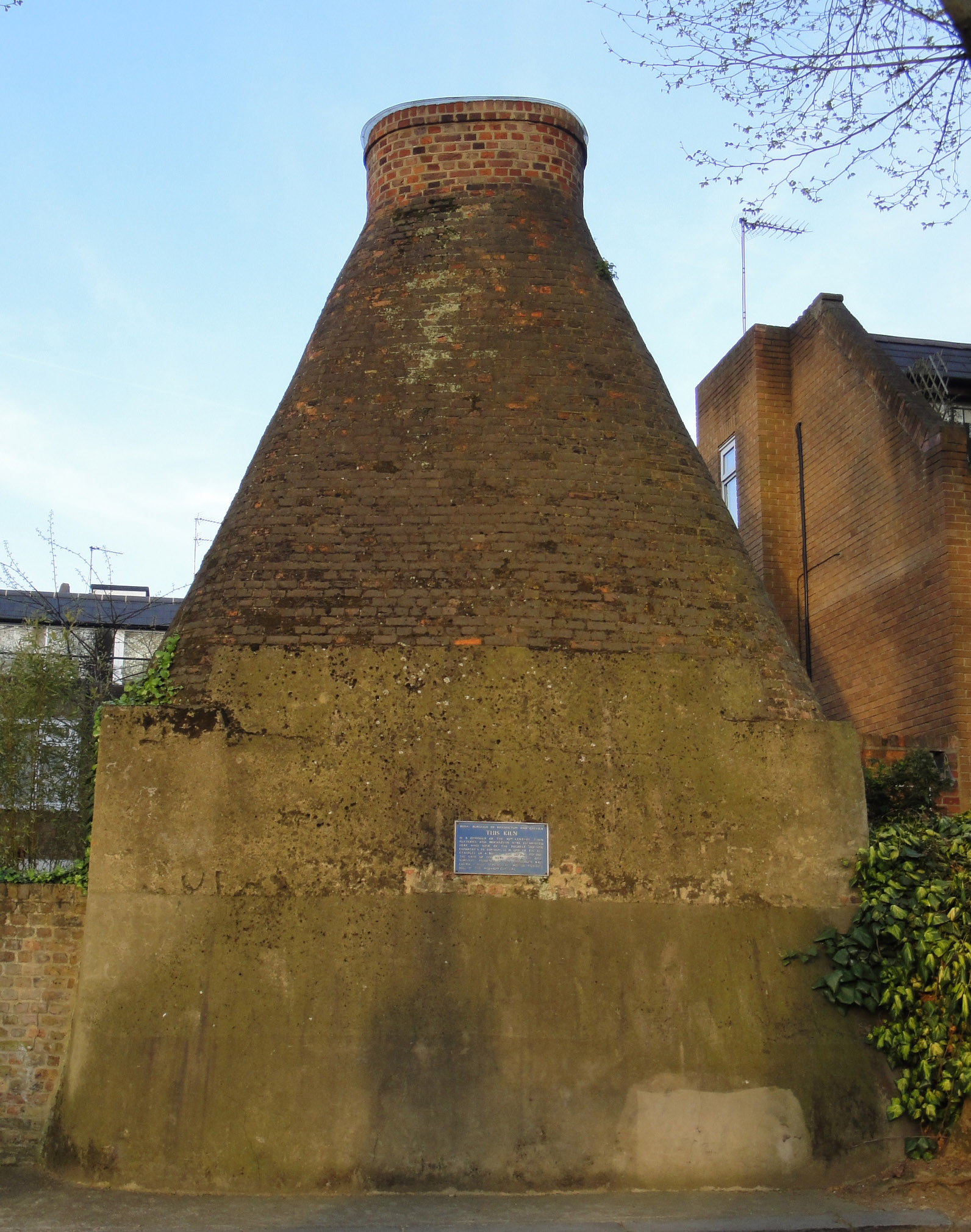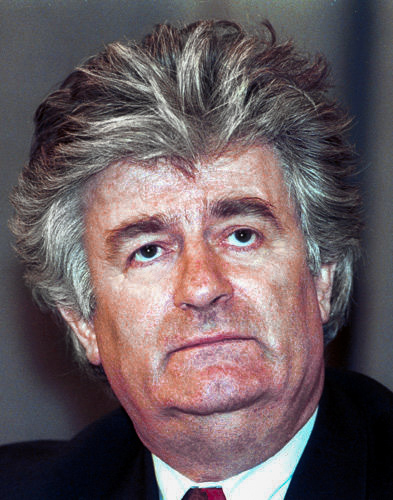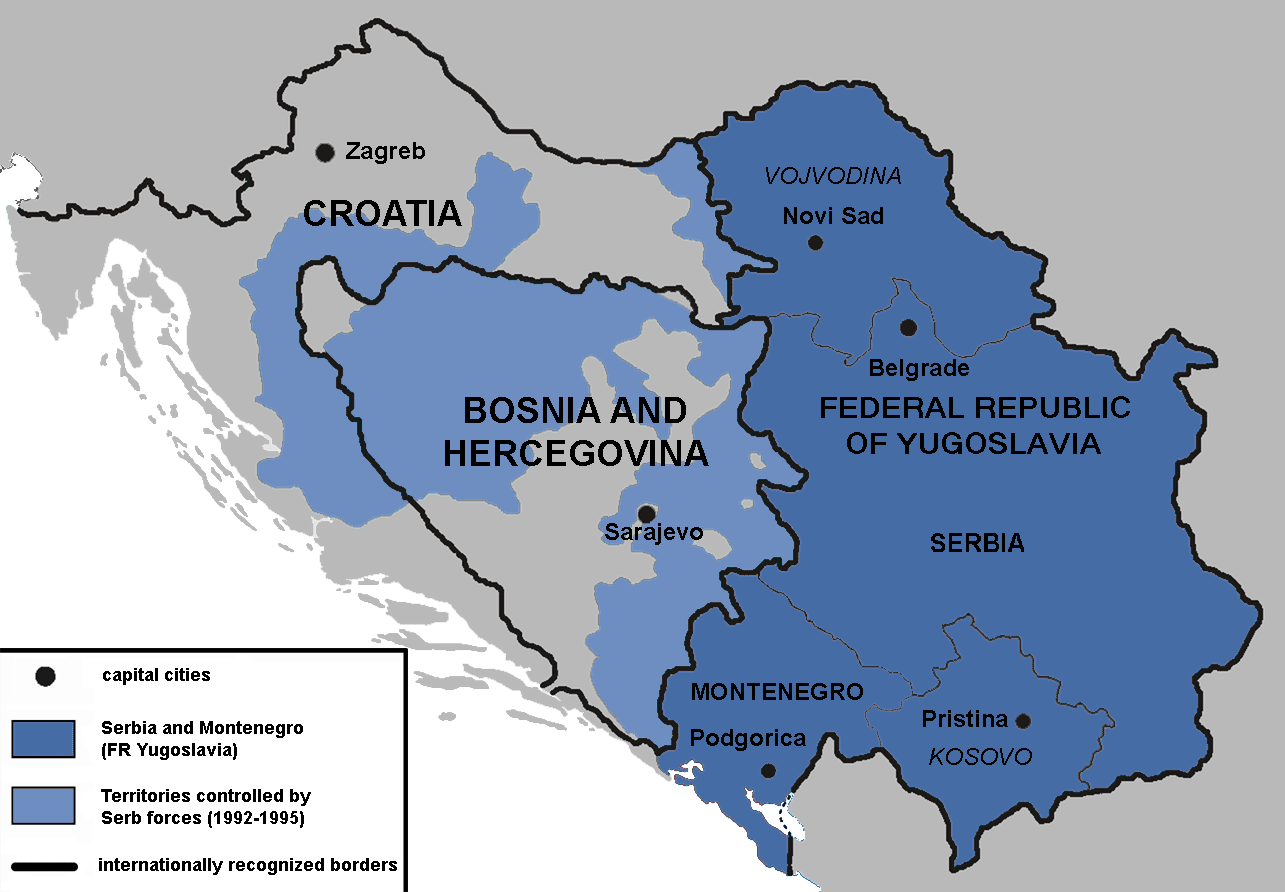|
Ed Vulliamy
Edward Sebastian Vulliamy (born 1 August 1954) is a British-born, Irish-Welsh journalist and writer. Early life and education Vulliamy was born and raised in Notting Hill, London. His mother was the children's author and illustrator Shirley Hughes, his father was the architect John Sebastian Vulliamy, of the Vulliamy family, and his grandfathers were the Liverpool store owner Thomas Hughes and the author C. E. Vulliamy. He was educated at the independent University College School and at Hertford College, Oxford, where he won an Open Scholarship, wrote a thesis on the Northern Ireland " Troubles" and graduated in Politics and Philosophy. Career 1970s-1990s In 1979, he joined Granada Television's current affairs programme '' World in Action'', and in 1985 won a Royal Television Society (RTS) Award for a film about the North of Ireland. Another film about the IRA/INLA political status hunger strike of 1981 was banned by the Independent Broadcasting Authority because of a ... [...More Info...] [...Related Items...] OR: [Wikipedia] [Google] [Baidu] |
Notting Hill
Notting Hill is a district of West London, England, in the Royal Borough of Kensington and Chelsea. Notting Hill is known for being a wikt:cosmopolitan, cosmopolitan and multiculturalism, multicultural neighbourhood, hosting the annual Notting Hill Carnival and the Portobello Road Market. From around 1870, Notting Hill had an association with artists. 'Notting Hill and Bayswater', Old and New London: Volume 5 (1878), pp. 177-88. For much of the 20th century, the large houses were subdivided into multi-occupancy rentals. Continental Europe, Continental Eastern Europeans in the United Kingdom, Europeans, British African-Caribbean people, Caribbeans (British African-Caribbean people, African Caribbeans, Indo-Caribbean people, Indian Caribbeans, and White Caribbeans), Black British people, Africans, British Indian, Indians, British Arabs, Ara ... [...More Info...] [...Related Items...] OR: [Wikipedia] [Google] [Baidu] |
Penny Marshall (journalist)
Penelope Jane Clucas Marshall (born 7 November 1962)The International Who's Who of Women 2002, third edition, ed. Elizabeth Sleeman, Europa Publications, p. 364 is a British journalist, working for ITV News as Africa correspondent since September 2019, before that as ITV News social affairs editor. Early life Marshall is the daughter of Alan Marshall, a managing director at Unilever, and Mary Sylvia Clucas, daughter of Dr T. S. Hanlin. Her brother is the businessman and entrepreneur Paul Marshall, father of Winston Marshall, formerly of the band Mumford & Sons. Education Marshall was educated at St Helen's School, a private day school for girls in Northwood in north-west London, followed by the London School of Economics where she was active as a student journalist. Whilst at the LSE, she worked as a stringer for national newspapers. Life and career After graduation, Marshall became indentured as a trainee reporter on the ''Wimbledon News''. In 1985 she joined ITN as a p ... [...More Info...] [...Related Items...] OR: [Wikipedia] [Google] [Baidu] |
Invasion Of Kuwait
The Iraqi invasion of Kuwait, codenamed Project 17, began on 2 August 1990 and marked the beginning of the Gulf War. After defeating the Kuwait, State of Kuwait on 4 August 1990, Ba'athist Iraq, Iraq went on to militarily occupy the country for the next seven months. The invasion was condemned internationally, and the United Nations Security Council (UNSC) adopted numerous resolutions urging Iraq to withdraw from Kuwaiti territory. The Iraqi military, however, continued to occupy Kuwait and defied all orders by the UNSC. After initially establishing the "Republic of Kuwait" as a puppet state, Iraq annexed the entire country on 28 August 1990; northern Kuwait became the Saddamiyat al-Mitla' District and was merged into the existing Basra Governorate, while southern Kuwait was carved out as the all-new Kuwait Governorate. By November 1990, the adoption of United Nations Security Council Resolution 678, UNSC Resolution 678 officially issued Iraq an ultimatum to withdraw uncondition ... [...More Info...] [...Related Items...] OR: [Wikipedia] [Google] [Baidu] |
Ratko Mladić
Ratko Mladić ( sr-Cyrl, Ратко Младић, ; born 12 March 1942) is a Bosnian Serb former military officer who led the Army of Republika Srpska (VRS) during the Yugoslav Wars. In 2017, he was found guilty of committing war crimes, crimes against humanity, and genocide by the International Criminal Tribunal for the former Yugoslavia (ICTY). He is serving a life sentence for these crimes in The Hague. A long-time member of the League of Communists of Yugoslavia, Mladić began his career in the Yugoslav People's Army (JNA) in 1965. He came to prominence in the Yugoslav Wars, initially as a high-ranking officer of the Yugoslav People's Army and subsequently as the Chief of the General Staff of the Army of Republika Srpska in the Bosnian War of 1992–1995. In July 1996, the Trial Chamber of the ICTY, proceeding in the absence of Mladić under the ICTY's Rule 61, confirmed all counts of the original indictments, finding there were reasonable grounds to believe he had commi ... [...More Info...] [...Related Items...] OR: [Wikipedia] [Google] [Baidu] |
Radovan Karadžić
Radovan Karadžić ( sr-Cyrl, Радован Караџић, ; born 19 June 1945) is a Serbs of Bosnia and Herzegovina, Bosnian Serb politician who was convicted of genocide, crimes against humanity and war crimes by the International Criminal Tribunal for the former Yugoslavia (ICTY). He was the president of Republika Srpska, president of Republika Srpska (1992–1995), Republika Srpska during the Bosnian War. Trained as a psychiatrist, he co-founded the Serb Democratic Party (Bosnia and Herzegovina), Serb Democratic Party in Bosnia and Herzegovina and served as the first president of Republika Srpska from 1992 to 1996. He was a fugitive from 1996 until July 2008, after having been indicted for war crimes by the ICTY. The indictment concluded there were reasonable grounds for believing he committed war crimes, including genocide against Bosniak and Croats of Bosnia and Herzegovina, Croat civilians during the Bosnian War (1992–1995). While a fugitive, he worked at a private c ... [...More Info...] [...Related Items...] OR: [Wikipedia] [Google] [Baidu] |
Siege Of Sarajevo
The siege of Sarajevo () was a prolonged military blockade of Sarajevo, the capital of Republic of Bosnia and Herzegovina, during the ethnically charged Bosnian War. After it was initially besieged by Serbian forces of the Yugoslav People's Army, the city was then besieged by the Army of Republika Srpska. Lasting from 5 April 1992 to 29 February 1996 (1,425 days), it was three times longer than the Battle of Stalingrad, more than a year longer than the siege of Leningrad, and was therefore the longest siege of a capital city in the history of modern warfare. When Bosnia and Herzegovina declared independence from Yugoslavia after the 1992 Bosnian independence referendum, the Bosnian Serbs—whose strategic goal was to create a new Bosnian Serb state of Republika Srpska (RS) that would include Bosniak-majority areas—encircled Sarajevo with a siege force of 13,000 stationed in the surrounding hills. From there they blockaded the city, and assaulted it with artillery, tanks, an ... [...More Info...] [...Related Items...] OR: [Wikipedia] [Google] [Baidu] |
Ethnic Cleansing In The Bosnian War
Ethnic cleansing occurred during the Bosnian War (1992–95) as large numbers of Bosnian Muslims (Bosniaks) and Bosnian (Croats) were forced to flee their homes or were expelled by the Army of Republika Srpska and Serb paramilitary, Serb paramilitaries. Bosniaks and Bosnian Serbs had also been forced to flee or were expelled by Bosnian Croat forces, though on a restricted scale and in lesser numbers. The UN Security Council ''Final Report (1994)'' states while Bosniaks also engaged in "grave breaches of the Geneva Conventions and other violations of international humanitarian law", they "have not engaged in "systematic ethnic cleansing"".#Bassiouni, ''ANNEX IV: Policy of Ethnic Cleansing - Part Two: Ethnic Cleansing in BiH - I: Introduction'', 27 May 1994, pp. 36–37 According to the report, "there is no factual basis for arguing that there is a 'moral equivalence' between the warring factions". Beginning in 1991, political upheavals in Bosnia and Herzegovina displaced about 2 ... [...More Info...] [...Related Items...] OR: [Wikipedia] [Google] [Baidu] |
International Criminal Tribunal For The Former Yugoslavia
The International Criminal Tribunal for the former Yugoslavia (ICTY) was a body of the United Nations that was established to prosecute the war crimes in the Yugoslav Wars, war crimes that had been committed during the Yugoslav Wars and to try their perpetrators. The tribunal was an ''ad hoc'' court located in The Hague, Netherlands. It was established by United Nations Security Council Resolution 827, Resolution 827 of the United Nations Security Council, which was passed on 25 May 1993. It had jurisdiction over four clusters of crimes committed on the territory of the former Yugoslavia since 1991: grave breaches of the Geneva Conventions, violations of the laws or customs of war, genocide, and crimes against humanity. The maximum sentence that it could impose was life imprisonment. Various countries signed agreements with the United Nations to carry out custodial sentences. A total of 161 persons were indicted; the final indictments were issued in December 2004, the last of ... [...More Info...] [...Related Items...] OR: [Wikipedia] [Google] [Baidu] |
Bosnia 1992
Bosnia and Herzegovina, sometimes known as Bosnia-Herzegovina and informally as Bosnia, is a country in Southeast Europe. Situated on the Balkans, Balkan Peninsula, it borders Serbia to the east, Montenegro to the southeast, and Croatia to the north and southwest, with a coast on the Adriatic Sea in the south. Bosnia (region), Bosnia has a moderate continental climate with hot summers and cold, snowy winters. Its geography is largely mountainous, particularly in the central and eastern regions, which are dominated by the Dinaric Alps. Herzegovina, the smaller, southern region, has a Mediterranean climate and is mostly mountainous. Sarajevo is the capital and the largest city. The area has been inhabited since at least the Upper Paleolithic, with permanent human settlement traced to the Neolithic cultures of Butmir culture, Butmir, Kakanj culture, Kakanj, and Vučedol culture, Vučedol. After the arrival of the first Proto-Indo-Europeans, Indo-Europeans, the area was populated ... [...More Info...] [...Related Items...] OR: [Wikipedia] [Google] [Baidu] |





